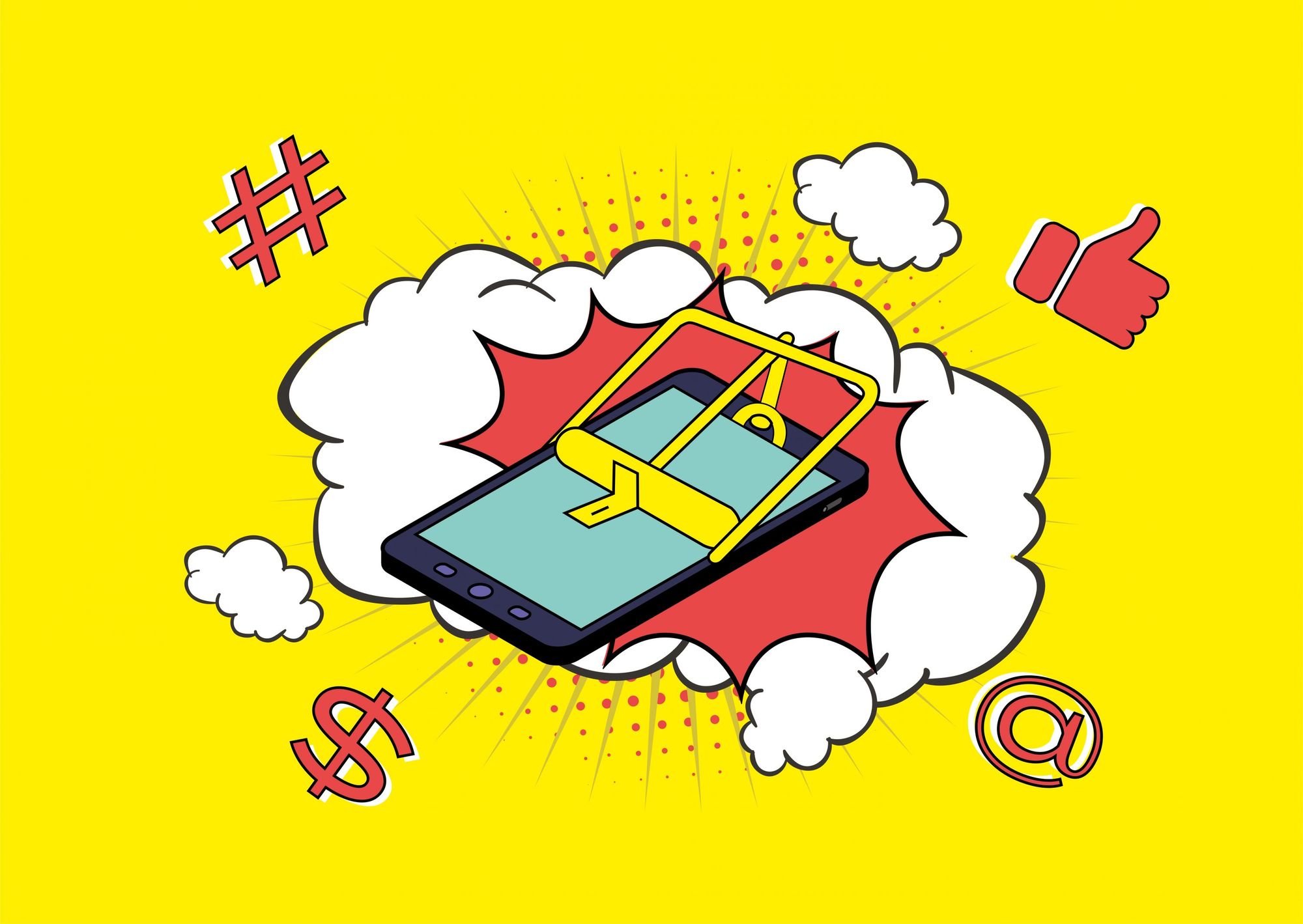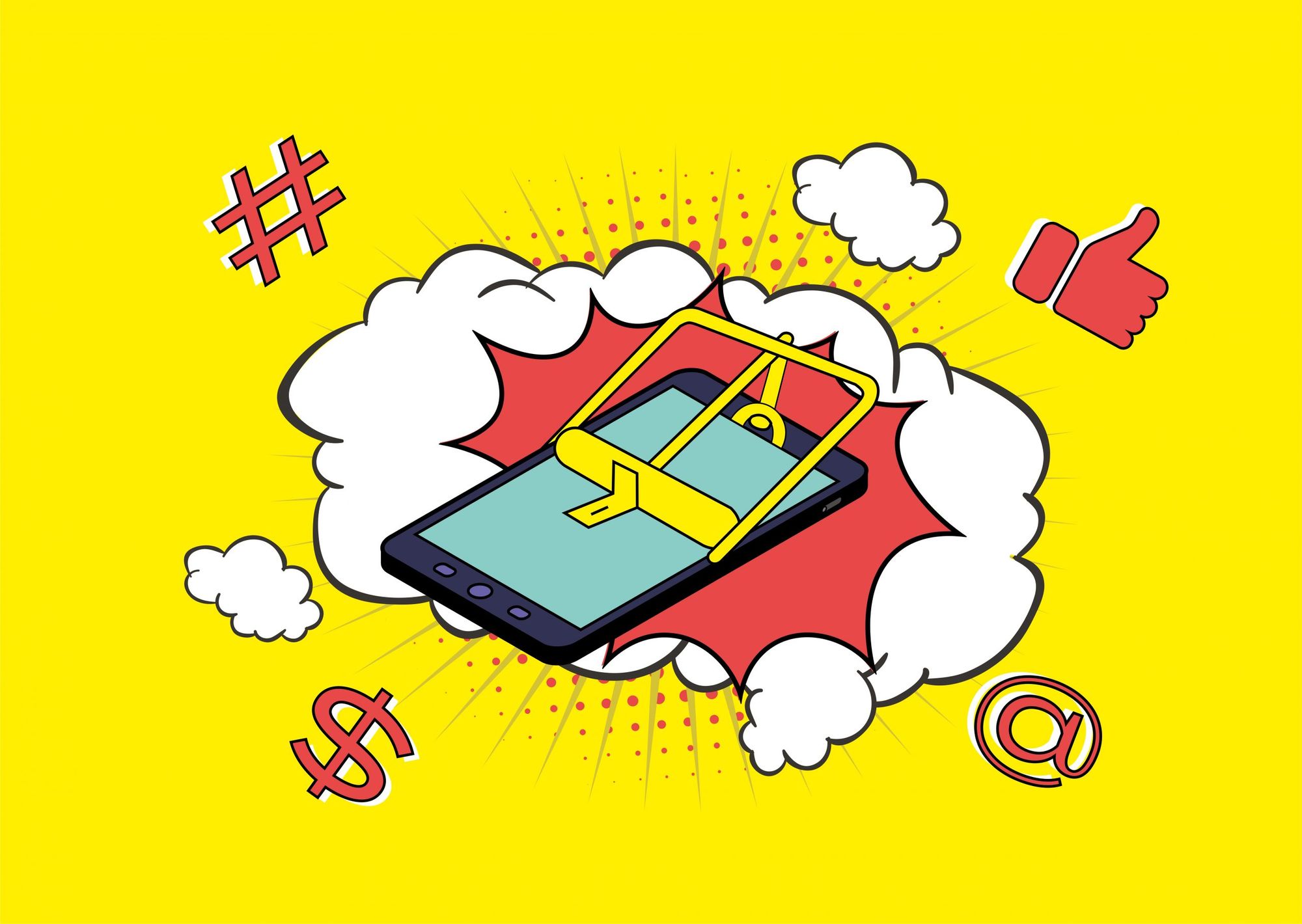The European Parliament and the Council have reached an agreement on the Digital Markets Act, aiming to regulate gatekeepers, companies with significant economic power in EU countries, such as Google, Amazon, Facebook, and Apple. Due to the regulation, we can say goodbye to annoying and undeletable default apps, and we can even send messages to each other without using the same platforms. Analysis from Hype&Hyper.
On the evening of 24 March 2022, the negotiators of the European Parliament and the Council finally reached an agreement on the new EU rules for large online platforms. The Digital Markets Act (DMA) was born after 15 months of wrangling. According to Margrethe Vestager, the Executive Vice President of the European Commission, responsible for European digitalization, the new rules are expected to come into force as early as October. They will be applicable from the beginning of 2023. The DMA aims to tackle the unfair practices by the large providers of basic platform services, known as gatekeepers, while still allowing them to innovate.
The European Parliament and the 27 EU Member States’ representatives still have to pass the bill, but their approval is merely a formality. The Commission is under enormous pressure to meet the high expectations. According to Thierry Breton, European Commissioner for Internal Market, the new rules are necessary to protect competition: „Competition law cases can go on for years while small businesses (SMEs) and innovators sustain a loss. We had to find an innovative solution.”
If a gatekeeper fails to comply in the future, the Commission can impose a fine of up to 10% of the total global turnover of the previous financial year and a 20% fine for repeated infringements. Furthermore, in case of systematic non-compliance, the Commission can prohibit giant corporations from acquiring companies for a specific period.
Who are the gatekeepers?
A gatekeeper is a large company with a market capitalization of at least €75 billion or an annual turnover of €7.5 billion. Its activities should include core services with at least 45 million monthly end-users in the EU and 10,000 business users annually. Such a service can be a browser, a messaging application, or a social media platform. Moreover, a corporation is also classified as a gatekeeper if it is active in several EU countries, it has a stable and long-term solid economic position, a significant impact on the internal market, and a wide user base with a large number of businesses.
Several emerging Central and Eastern European players are not global gatekeepers yet but are already connecting regional businesses with end-users. According to a joint paper by Christoph Haid and András Nagy, many American and Western European „gatekeeper-like” entities are hesitant to expand to Central and Eastern Europe, possibly because of some established competitors.
It is likely to result that the attention of the European Commission will shift to the local players of the EU or CEE in particular, which show the same tendencies as the global gatekeeper platforms, but on a regional scale.
What does this mean for the users?
The big and divisive news is the interoperability of messaging services. According to a press release from the European Parliament, apps such as WhatsApp, Facebook Messenger, or Telegram should open to smaller messaging platforms. They have to cooperate with them if requested. However, the press release is not explicit about the implementation; for instance, it is not known whether WhatsApp users would be able to send messages to iMessage users. Nonetheless, Alec Muffet, an internet security expert, highlighted on The Verge that it would be a mistake to think that Apple, Google, Facebook, and other tech companies are making identical and interchangeable products that could be easily combined. Each messaging service is responsible for its own security now. Thus, at the end of this reform, overall security would be only as strong as the weakest link of the chain of messaging apps.

The new regulation will prevent technology giants from “bundling” services into a single package. Moreover, it will prohibit gatekeepers from connecting data from different services, such as Facebook and Instagram, unless they have obtained the users’ explicit consent.
MEPs also managed to introduce regulations on default settings. A “choice screen” would appear when a consumer buys a new smart device, such as a smartphone, which allows them to make decisions. For instance, there would be other options to choose from than a default web browser installed on the device. Users will also be able to delete pre-installed applications, which would mean a revolutionary innovation and a step towards making phones more personalized. However, Zach Mayers, a competition and economic regulation expert, argues that this proposal might impact technology companies’ innovation incentives. For example, Google has developed the Android operating system, and it provides it for free to phone manufacturers, ensuring that consumers try out Google’s other pre-installed services. If the MEPs’ idea prevails, Android would no longer serve this purpose for Google, so Google might start charging manufacturers for its use. On the one hand, this might make it profitable for developers to create new operating systems, thus generating more competition. Nonetheless, it could also simply drive up smartphone prices and discourage Google from investing in the development of Android.
While aiming to create more intense competition and more choices, the DMA may degrade tech giants’ services in some respects. For instance, technology corporations will be less able to offer personalized services, and their services will not work together as seamlessly as they do today. Moreover, consumers may even face more cookie banner requests for consent, which mightily undermine the user experience.
To sum up, we can see that the Digital Markets Act (DMA) will bring many new and beneficial features for users. However, it will also be interesting to see its drawbacks after it comes into effect. Everyone is unanimous that regulation is necessary to prevent the giant platforms from acting as gatekeepers to restrict competition. Nonetheless, their reactions are open to question.

The context in design: from the city to the object and back











